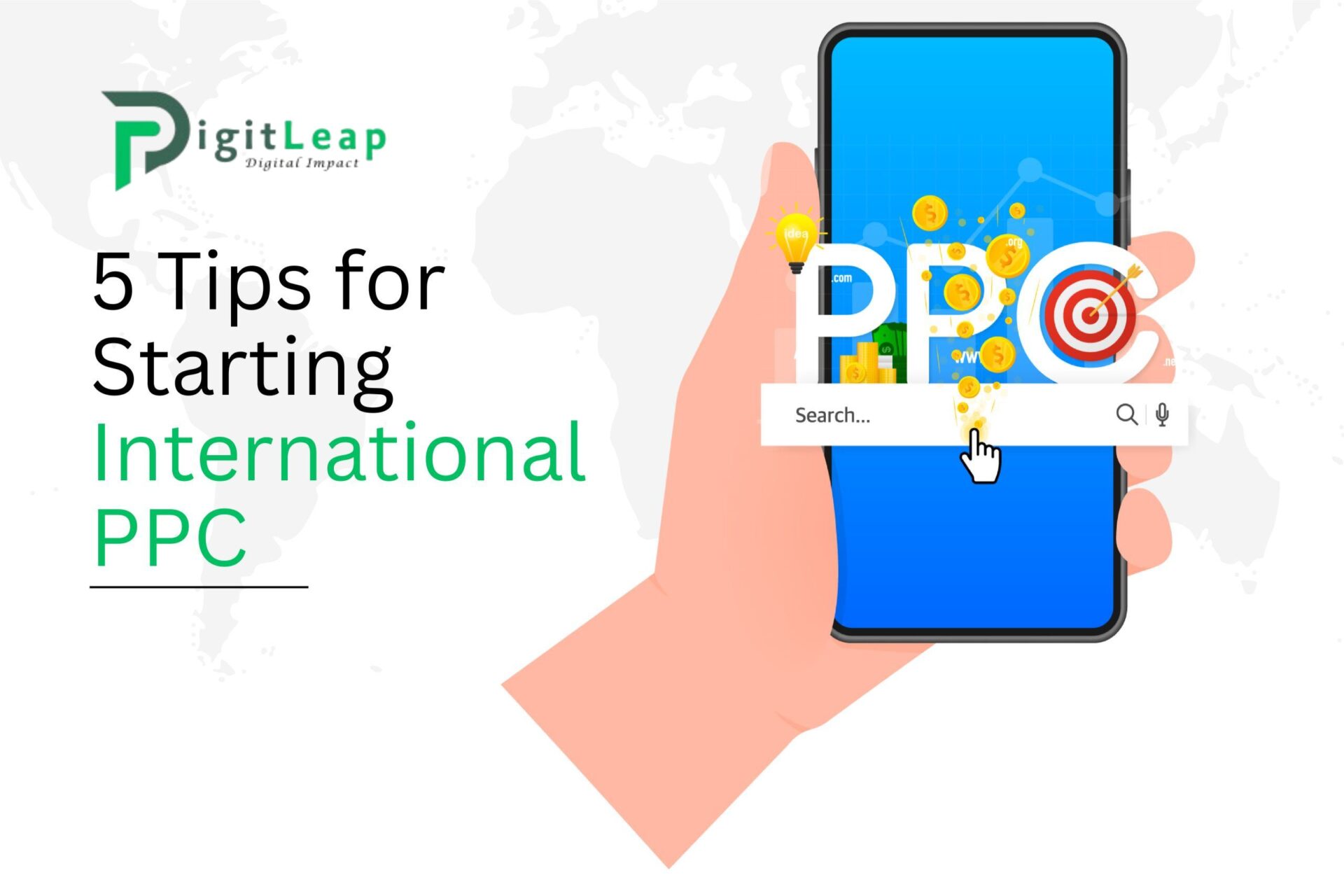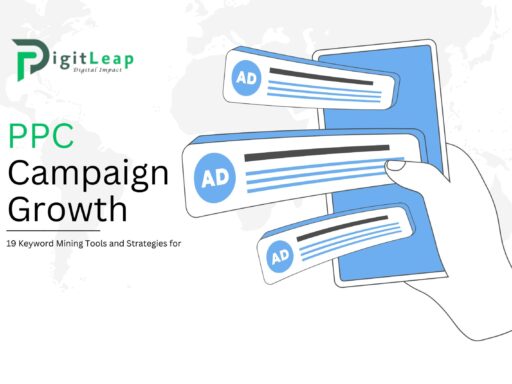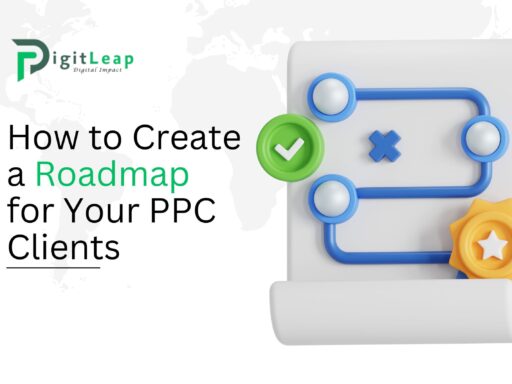5 Tips for Starting International PPC
Expanding your pay-per-click (PPC) advertising into international markets can be a game-changer for your business. But with new audiences come new challenges, and jumping into international PPC without preparation can quickly lead to wasted budget and underwhelming results. If you’re considering expanding your PPC efforts globally, it’s essential to approach it strategically to ensure success.
Here are five tips to help you get started with international PPC and maximize your ad campaigns in new markets.
1. Understand Local Markets and Cultures
The first step to a successful international PPC campaign is understanding the local market you’re targeting. Different countries have different online behaviors, cultural nuances, and preferences that can greatly impact how users interact with your ads.
For example, a campaign that works well in the U.S. may not resonate in Japan or Germany due to language, tone, or even imagery. Research each market thoroughly—look at local competitors, understand customer expectations, and adjust your campaigns accordingly. Tailor your messaging, visuals, and calls-to-action (CTAs) to suit the specific cultural and linguistic preferences of each region.
- Tip: Don’t rely on automatic translations. If possible, work with native speakers or localization experts to ensure your ads are relevant and engaging.
2. Choose the Right Platforms for Each Market
Google Ads is the go-to platform for many PPC campaigns, but it’s not always the top player in every country. In some regions, other search engines or platforms dominate the market. For example, Baidu is the leading search engine in China, while Yandex is popular in Russia.
Before you launch your international PPC campaign, research which advertising platforms are most effective in your target markets. By using the right platforms, you’ll maximize your visibility and reach the right audience.
- Tip: Expand beyond search ads. Platforms like Facebook, Instagram, and local social media networks may offer valuable PPC opportunities in certain countries.
3. Pay Attention to Currency and Budgeting
Running PPC campaigns internationally means dealing with different currencies and economic conditions. It’s essential to set your budget based on the local cost-per-click (CPC) rates in each market, which can vary widely depending on the competition and economic conditions in that region.
For example, running a PPC campaign in India will typically cost less per click than in the U.K. or the U.S., but the average purchase value might also differ. Make sure you’re tracking your costs and return on investment (ROI) in local currencies to get an accurate picture of your campaign’s performance.
- Tip: Use Google Ads’ location-specific bid adjustments to optimize your bids for each market, ensuring you’re not overspending in lower-cost regions or underbidding in competitive ones.
4. Adapt Your Keywords for Local Search Behavior
Just because you’ve done extensive keyword research for your domestic market doesn’t mean those same keywords will perform well internationally. Search behavior varies by country and language. You’ll need to conduct new keyword research for each market, taking local language differences and slang into account.
Even in English-speaking countries, search behavior can differ significantly. A keyword that works well in the U.S. may not perform the same way in the U.K., Canada, or Australia. And when targeting non-English-speaking regions, translating your keywords literally won’t always work—local phrases and idioms often produce better results.
- Tip: Use tools like Google Keyword Planner to conduct keyword research for each specific country and language you’re targeting.
5. Comply with Local Laws and Regulations
Each country has its own laws and regulations regarding online advertising. It’s important to familiarize yourself with the legal requirements in each market to ensure your international PPC campaigns are compliant. For example, countries in the European Union must comply with GDPR, which has strict rules about user privacy and data collection.
Make sure you understand local ad regulations regarding things like privacy, content, and targeting to avoid potential penalties or issues. It’s also a good idea to review your ad copy and landing pages to ensure they meet the legal standards in each country.
- Tip: Work with local legal experts or consultants when expanding into new regions to avoid compliance issues.
Conclusion
Launching international PPC campaigns can open up incredible growth opportunities for your business, but it requires careful planning and attention to detail. By understanding local markets, choosing the right platforms, managing your budget, adapting your keywords, and ensuring compliance, you can set your international PPC campaigns up for success.
At DigitLeap, we specialize in helping businesses expand their reach globally with tailored PPC strategies. Whether you’re just starting out or looking to refine your international campaigns, we can guide you through the process and ensure your ads resonate with the right audience, no matter where they are in the world.
Let’s take your PPC strategy global and help you achieve outstanding results!






